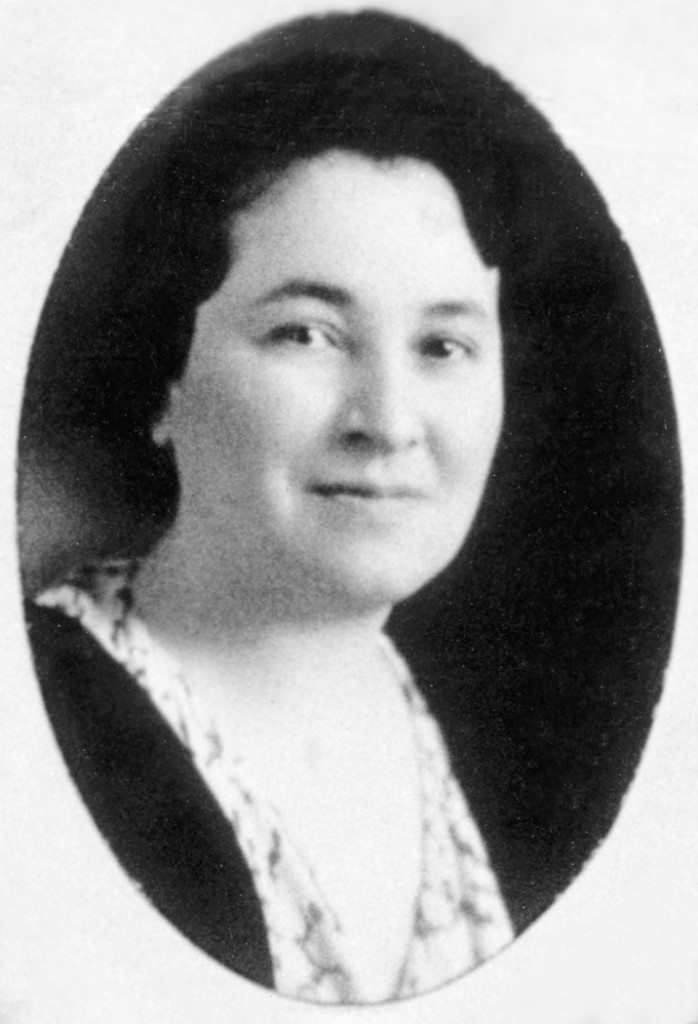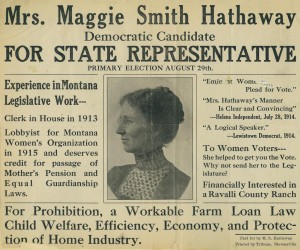
Montana’s first Native American legislator and the first woman chair of the Tribal Executive Board of the Assiniboine and Sioux Tribes was not a women’s liberation advocate because she refused to acknowledge women’s limits. The fight Dolly Smith Cusker Akers did champion, however, was that of American Indians to determine their own destinies free from federal oversight and interference. Assertive and self-reliant—as she believed tribes should be—Akers achieved many notable accomplishments in her lifetime, but not without conflict and criticism.
Born in 1901 in Wolf Point, Dolly Smith was the daughter of Nellie Trexler, an Assiniboine, and William Smith, an Irish-American. She attended school on the Fort Peck Reservation and at the all-Indian Sherman Institute in California. Graduating at age sixteen, she returned to Montana and married George Cusker in 1917.
In the early 1920s, the Fort Peck tribes sent two elders to Washington, D.C., to lobby for school funding. Neither elder spoke English, so Dolly accompanied them as interpreter. The articulate young woman impressed the congressmen, whom she then lobbied in favor of universal citizenship for American Indians—an issue that had been debated for many years. In 1924, the Indian Citizenship Act became law, establishing the basis for American Indian suffrage and furthering the government’s long-term goal of gradual absorption of American Indians into American society.
Continue reading “I am a very necessary evil”: The Political Career of Dolly Smith Cusker Akers
